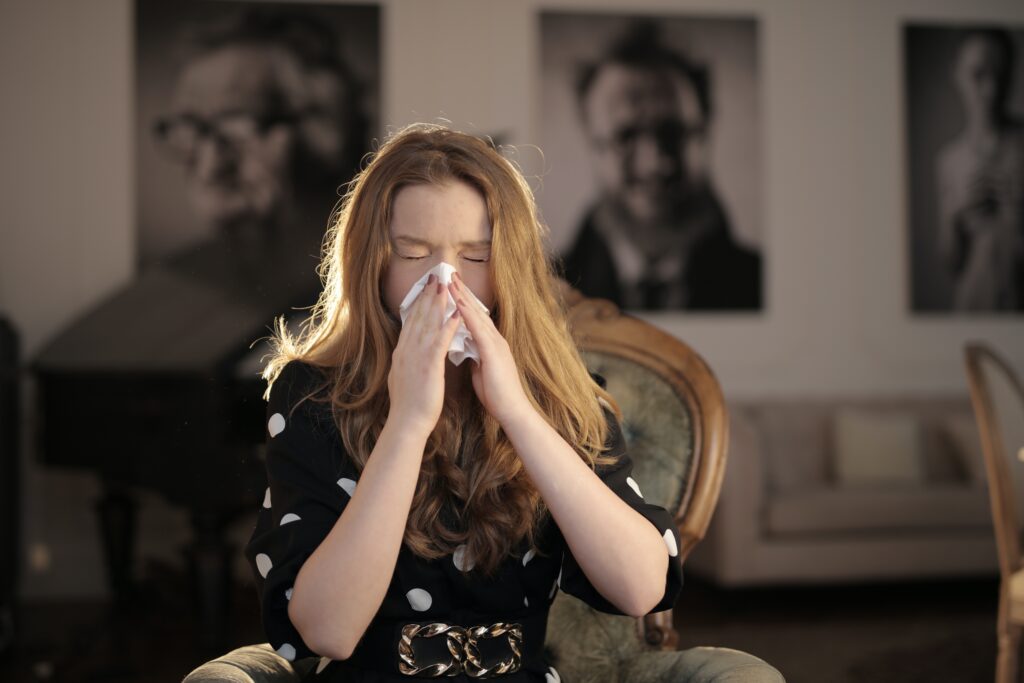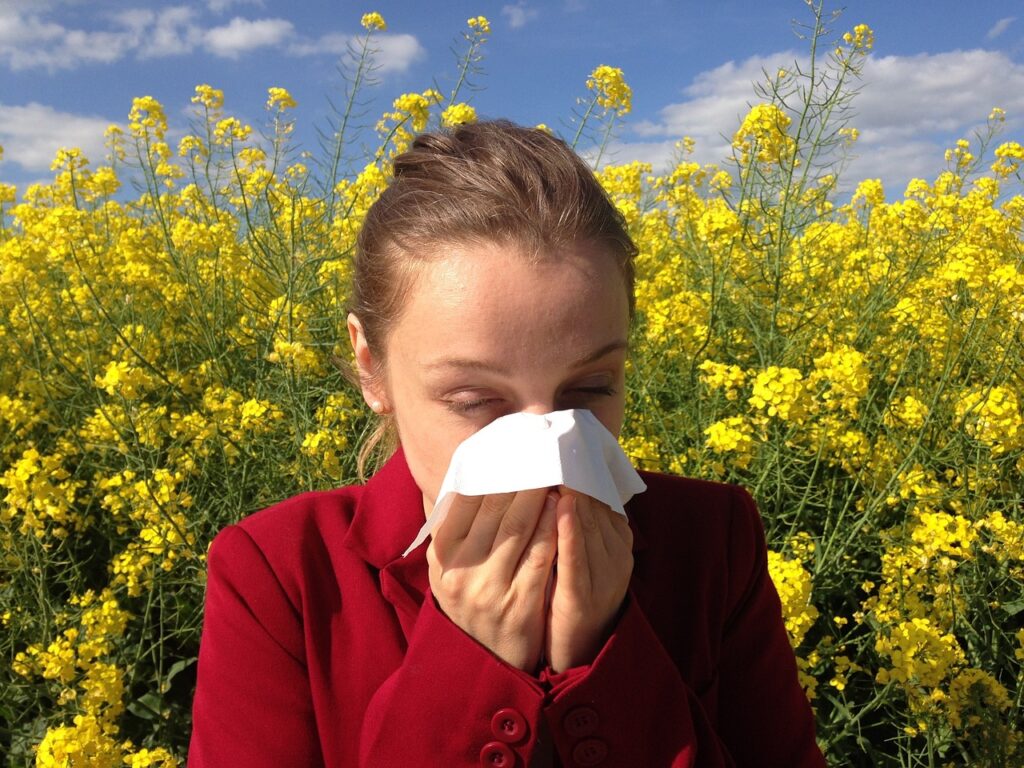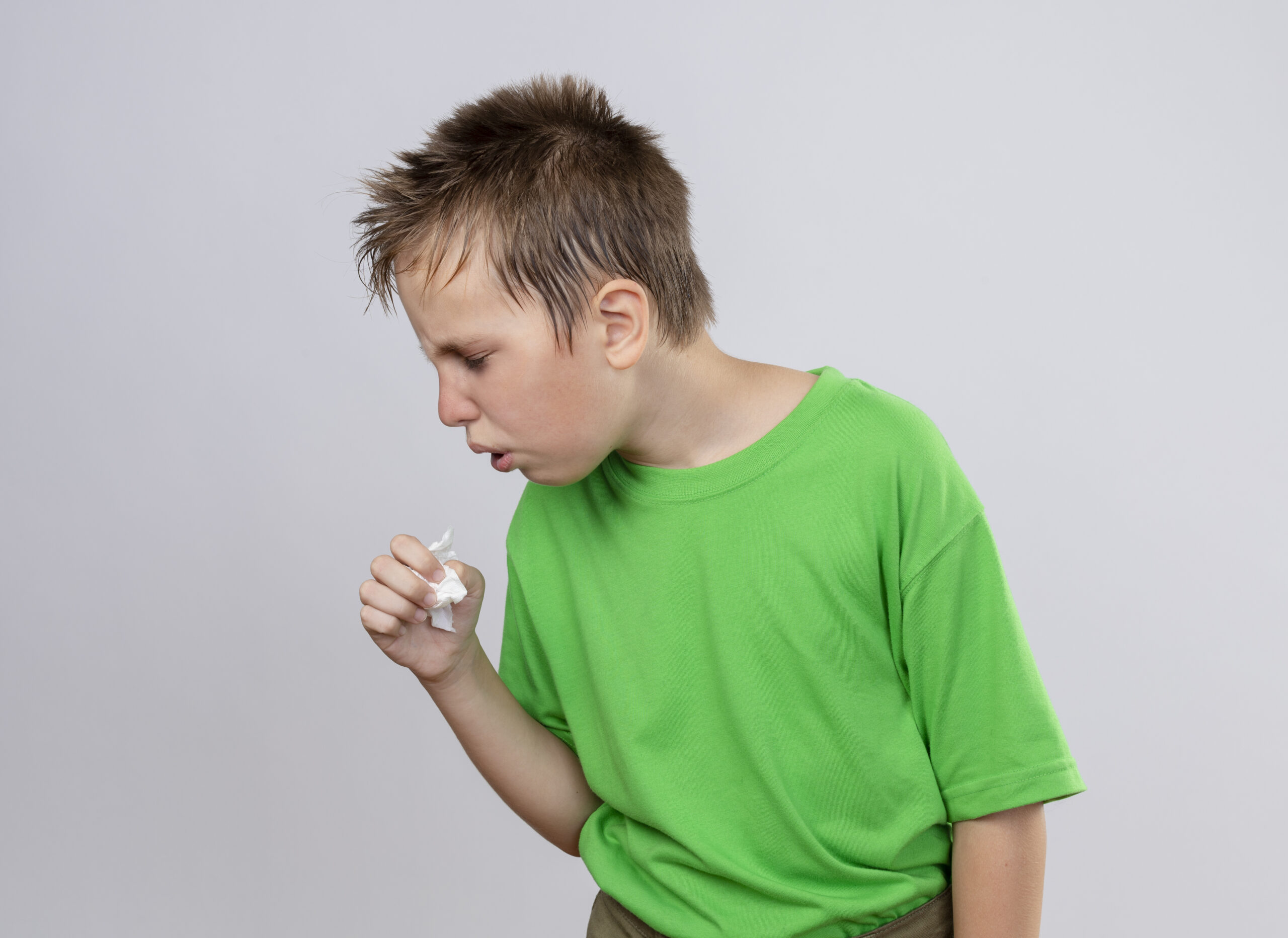Understanding Asthma in Children: Symptoms, Triggers, and Management

Read DISCLAIMER
Gain comprehensive insights into Understanding Asthma in Children: Symptoms, Triggers, and Management. Discover the signs, triggers, and effective strategies for managing childhood asthma with expert guidance.
Introduction
Children with asthma, a chronic respiratory disease, are a serious problem. Parents, caregivers, and healthcare professionals all need to understand asthma in children: symptoms, triggers, and management. This in-depth study clarifies the intricacies of childhood asthma, covering everything from its signs and causes to practical treatment options. By exploring this subject, we provide you with crucial information to give asthmatic kids the best treatment possible..
Understanding Asthma in Children: Symptoms, Triggers, and Management

Chronic respiratory disease known as asthma is characterized by inflamed airways and increased susceptibility to several stimuli. Given that children’s respiratory systems are still growing, it need extra attention. Let’s investigate the many sides of understanding asthma in kids.
Recognizing the Symptoms
Children with asthma may exhibit a range of symptoms, including:
Coughing: Chronic coughing, particularly at night or in the early morning, may indicate asthma.
Wheezing: Asthma attacks frequently involve audible high-pitched whistling noises made when breathing.
Shortness of Breath: Children may have trouble breathing during strenuous activity, taking laborious breaths.
Chest tightness: is a concern. Asthma may be indicated by a tightness or pain in the chest region.
Respiratory Infections: That Are Common, Children with asthma may catch colds, bronchitis, or other respiratory infections more frequently.
Identifying Triggers

It’s critical to recognize triggers and stay away from them when controlling pediatric asthma. Typical causes include:
Allergens: Some common allergens that might aggravate asthma symptoms include pollen, dust mites, pet dander, and mold.
Respiratory illnesses: Asthma can be made worse by viral illnesses like the flu and the common cold.
Tobacco Smoke: Asthma episodes can be brought on by exposure to tobacco and secondhand smoke.
Air Pollution: Asthma symptoms can be worse by poor air quality, which includes pollutants and irritants.
Practice: Some children may have symptoms of exercise-induced bronchoconstriction as a result of physical activity.
Effective Management Strategies

A combination of preventative interventions and quick response during flare-ups is required to manage pediatric asthma:
Medical Assistance: Inhaled corticosteroids and other long-term management drugs minimize inflammation. When an asthma attack occurs, quick-relief drugs quickly relieve the symptoms.
Asthma Action Plan: Work with your child’s doctor to develop a tailored action plan that specifies medication use and what to do if symptoms worsen.
Trigger Avoidance: Recognize triggers, such as allergies and irritants, and reduce exposure to them.
Regular Checkups: Regular check-ups with a medical professional help monitor asthma control and modify medication as necessary.
Education: Inform your kid about their illness and the proper use of inhalers and nebulizers.
Encourage a healthy lifestyle by eating a balanced diet, getting frequent exercise, and drinking enough water.
FAQs (Frequently Asked Questions)
Can a child’s asthma go away as they become older?
While some kids with asthma may outgrow their symptoms, others may still have them as adults.
Is it safe for kids with asthma to engage in athletic activity?
Yes, the majority of children with asthma may participate safely in sports and physical activities with the right care and safeguards.
Can pet exposure exacerbate asthma symptoms?
Pet dander can really cause symptoms of asthma because it is a common allergen. If your child has allergies, it’s best to limit their contact with animals.
How can I make my house a safe place for people with asthma?
To establish a healthy atmosphere, keep interior places clean, reduce allergies, abstain from cigarette usage, and utilize air purifiers.
Can children with asthma experience stress or emotional triggers?
Yes, for some kids with asthma, stress and strong emotions can function as triggers.
Should asthmatic kids refrain from outdoor activities?
Even while outdoor activities may exacerbate symptoms, they can still be enjoyed with the right safety measures, such utilizing inhalers as prescribed by a healthcare professional.
Is it possible to entirely heal asthma in children?
While there is no perfect cure for pediatric asthma, it may be effectively controlled with the right care and alterations to lifestyle.
Can asthmatic kids engage in sports and other outside activities?
The majority of kids with asthma can participate in outdoor activities. They can safely participate in sports with the right management and safety measures.
Are there any particular foods that might make a child’s asthma symptoms worse?
Some kids may get asthma symptoms because to dietary allergies. Shellfish, nuts, and dairy products are frequent offenders.
Is it typical for asthma attacks to get worse at night?
Yes, asthmatics frequently experience symptoms that increase at night. This condition is referred to as nocturnal asthma.
Can a child’s asthma become better as they get older?
While some kids with asthma could get lesser symptoms as they become older, others might still struggle with asthma-related issues.
Should asthmatic children stay away from chlorine pools?
Some children’s asthma problems might be exacerbated by the chlorine fumes in indoor pools. Proper ventilation or outdoor swimming pools might assist to solve this problem.
Can asthma symptoms get worse if exposed to chilly air?
Some children with asthma may have bronchoconstriction when exposed to cold air, which might exacerbate their symptoms.
Is the influenza vaccination essential for kids with asthma?
Yes, children with asthma are more likely to have flu-related problems. To guard against respiratory infections, vaccination is advised.
Can stress contribute to the development of asthma symptoms in children?
Yes, anxiety and strong feelings can make asthma symptoms worse. Techniques for managing stress might lessen its effects.
Can dogs be kept in a home with an asthmatic child?
The child’s allergies will determine this. Some pets, especially those with fur or feathers, might exacerbate asthma symptoms and need to be carefully considered.
Conclusion
Taking care of children who have this chronic illness requires understanding asthma in children: symptoms, triggers, and management. Parents and other adults who are responsible for children’s care may provide them the greatest support and care possible by recognizing the symptoms, figuring out the triggers, and putting good management measures in place. With this information at your disposal, you may face the difficulties associated with childhood asthma with confidence and guarantee a better, more pleasant life for your kid.
